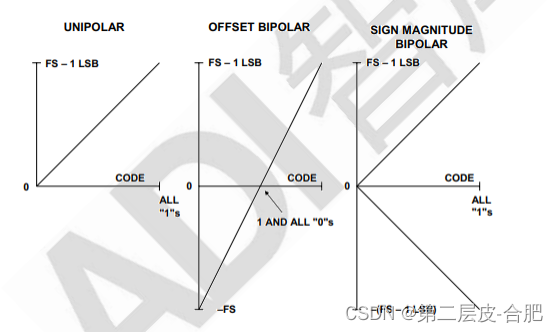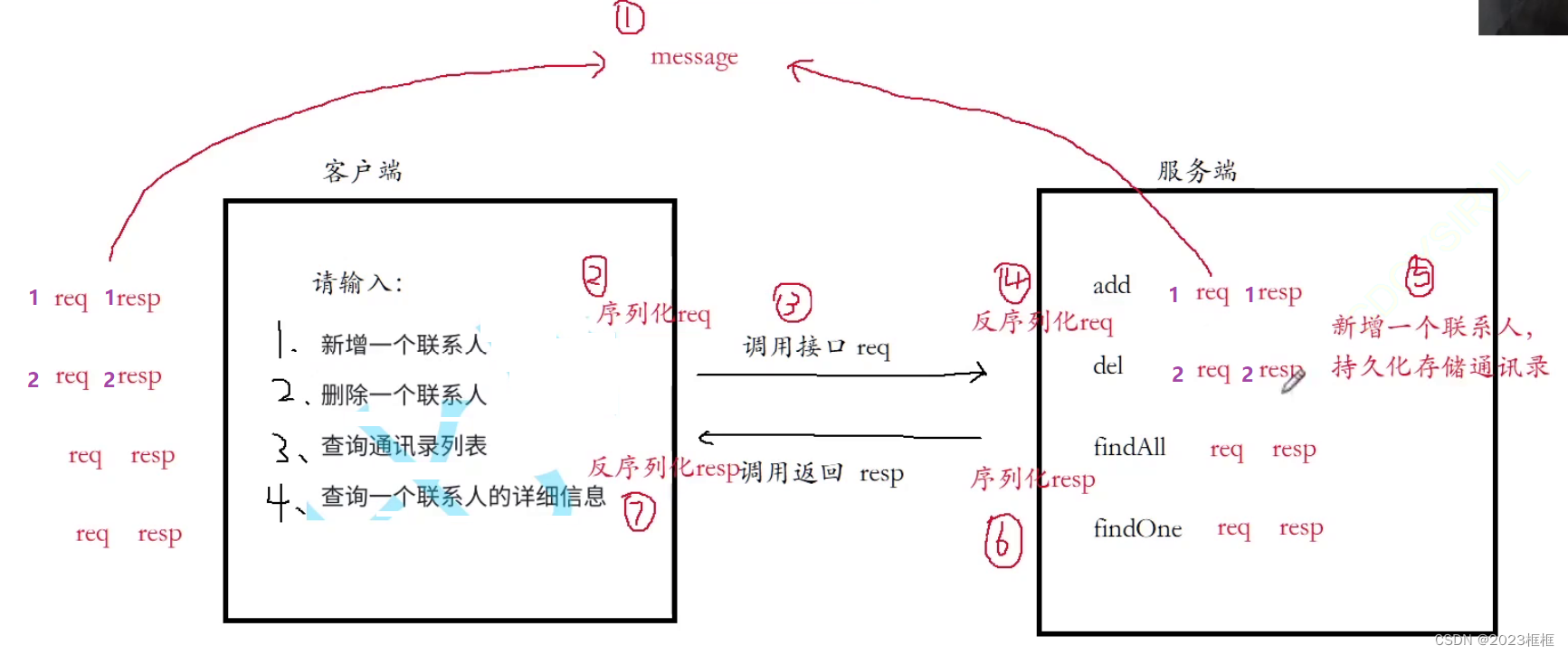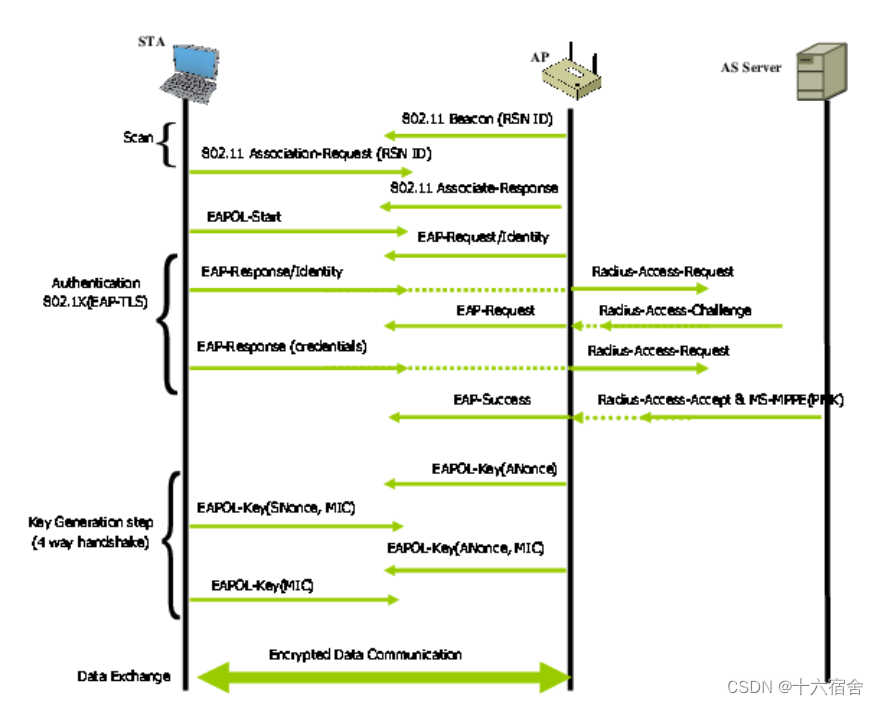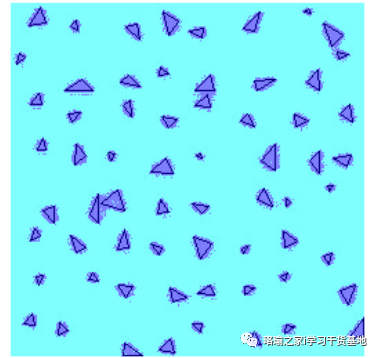Linux 学习记录43(C++篇)

本文目录
- Linux 学习记录43(C++篇)
- 一、友元
- 1. 友元函数
- (1. 全局函数作为友元函数
- (2. 类中的成员函数作为友元
- 2. 友元类
- 3. 友元的注意事项
- 二、常成员函数和常对象(const)
- 1.常成员函数
- 2. 常对象
- 3. mutable 关键字
- 三、运算符重载
- 1. 常见的运算符
- 2. 运算符重载的要
- 3. 统一格式
- 4. 调用时机
- 5. 运算符重载函数的格式
- 6. 算数运算符重载
- (1. 成员函数版
- (2. 全局函数版
- 7. 赋值运算符重载
- 8. 关系运算符重载
- 9. 自增/自减运算符
- (1. 前自增/自减
- (2. 后自增/自减
- 10. 不能重载的运算符
- 11. 插入/提取/输入输出运算符
- (1. 插入重载
- (2. 提取重载
- 四、
- 思维导图
- 练习
- 1. 剩余常用符号函数重载
一、友元
友元,就意味着友元函数或者友元类访问自己的所有成员
友元是单向的
1. 友元函数
(1. 全局函数作为友元函数
全局函数可以访问类中所有的变量
class test
{
private:
int num;
string str;
public:
void set(int a)
{
num = a;
}
//将全局的show函数声明为友元函数
friend void show (test buf);
};
void show (test buf)
{
cout << buf.num <<endl;
}
(2. 类中的成员函数作为友元
该成员函数,可以访问另一个类中所有成员
如果类中的成员函数作为另一个类的友元函数,要求该函数:类内声明,类外定义
class的前置声明,只起到有该类的作用,不能起到识别类中函数的作用
#include <iostream>
using namespace std;
class B; //类的前置声明,表明有该类
class A
{
int num;
public:
void set(int a)
{
num = a;
}
//把全局的show函数声明为友元函数
friend void show(A a1);
//声明了一个show成员函数
//show是B类的一个友元函数,类内声明类外定义
void set(B b1,int a);
};
class B
{
public:
int high;
private:
//set是一个私有的成员函数
void set(int num)
{
cout << "B中的set" << endl;
high = num;
}
public:
//声明了A中的成员函数show为B类的友元函数
friend void A::set(B b1,int a);
void show()
{
cout << "B中的show:" << high << endl;
}
};
//全局函数
void show(A a1)
{
cout << "全局的show: ";
cout << a1.num << endl;
}
//A类中set函数的类外定义
void A::set(B b1,int a)
{
num = a;
cout << "A中的set:" << endl;
b1.set(100);
}
int main()
{
A p;
B p2;
p2.high = 18;
p.set(90);
//show(p);
p.set(p2,90);
//调用B中的成员函数
p2.show();
return 0;
}
2. 友元类
把一个类声明为另一个类的友元
把A类声明为B类的友元(friend class A),A类内可以访问B类中的所有成员。
3. 友元的注意事项
1. 类的前置声明,只是表明了有这个类,但是并不能获取到类中有哪些成员变量和成员函数
2. 友元是单向的,A是B的友元,并不能说明B是A的友元类
3. 友元没有传递性,A是B的友元,B是C的友元,并不能说明A是C的友元
4. 友元需要谨慎的使用,如果添加了友元后,访问权限就没有作用了,会破坏类的封装性
5. 如果需要成员函数左右另一个类的友元,一定要在类内声明成员函数在类外定义成员函数
6. 必须使用友元的场景:输入输出运算符重载
二、常成员函数和常对象(const)
1.常成员函数
常成员函数使用了const修饰,不能修改常成员属性,通常用于保护成员属性不被随意修改
格式:
返回值类型 函数名() const
{
函数体;
}
非静态成员函数this指针:类名 *const this;
非静态的常成员函数this指针:const 类名 *const this;
class test
{
private:
int num;
public:
/*定义常成员函数set*/
void set (void)const
{
num = 20;//这里常成员函数不能修改所以会报错
}
};
============================================
class test
{
private:
int num;
public:
/*定义常成员函数set*/
void show (void)const
{
cout << num << endl;//这里没有修改,只是输出
}
};
2. 常对象
使用const修饰的类对象
1. 常对象不能调用非常成员函数,默认隐式调用函数除外
2. 常对象默认只能调用常成员函数
3. mutable 关键字
用于修改必须修改成员属性时,可以给变量前加上nutable关键字
三、运算符重载
为了能够让运算符对自定义的类(数据类型)也能生效
1. 常见的运算符
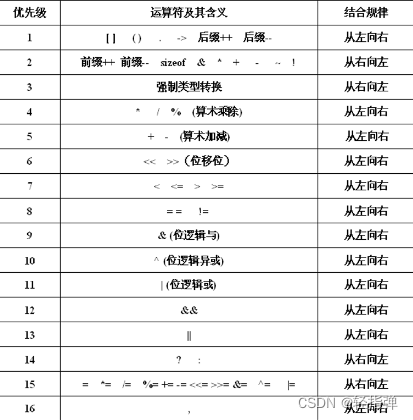
2. 运算符重载的要
1. 只能对已有的运算符的重载
2. 运算符不能更改运算符的本质
3. 统一格式
类名 operatot 运算符(形参)
如拷贝赋值运算符就算对=运算符的重载
4. 调用时机
当使用该运算符运算时,系统自动调用
调用规则:要符合左调右参的原则(成员函数)
5. 运算符重载函数的格式
每个运算符重载函数都有两个版本 1.成员函数版 2.全局函数版
以
+运算符为例
- 成员函数版:c1+c2
Complex operator+(Complex &c2) this指针自动指向类对象
- 成员函数版:c1+c2
Complex operator+(Complex &c1,Complex &c2)
还需要将全局函数声明为友元函数
注意事项
1. 返回值和参数不能同时是基本类型
2. 全局函数版需要为友元函数
6. 算数运算符重载
(1. 成员函数版
class test
{
private:
int num1;
int num2;
public:
test()
{}
test(int a,int b):num1(a),num2(b)
{}
test operator+(test &a)
{
test buf;//用于存储临时运算结果
buf.num1 = num1+a.num1;
buf.num2 = num2+a.num2;
return buf;
}
void show(void)
{
printf("num1:%d num2:%d",num1,num2);
}
};
int main()
{
test date1(1,2);
test dete2(3,4);
test date3;
date3 = date1+dete2;
date3.show();
return 0;
}
输出结果:

(2. 全局函数版
class test
{
private:
int num1;
int num2;
public:
test()
{}
test(int a,int b):num1(a),num2(b)
{}
void show(void)
{
printf("num1:%d num2:%d",num1,num2);
}
/*需要将全局函数声明为友元函数*/
friend test operator+(test &a,test &b);
};
test operator+(test &a,test &b)
{
test buf;//用于存储临时运算结果
buf.num1 = a.num1+b.num1;
buf.num2 = a.num2+b.num2;
return buf;
}
int main()
{
test date1(1,2);
test dete2(3,4);
test date3;
date3 = date1+dete2;
date3.show();
return 0;
}
输出结果:

7. 赋值运算符重载
如+=,-=,*=等等
以(*=)为例
class test
{
private:
int num1;
int num2;
public:
test()
{}
test(int a,int b):num1(a),num2(b)
{}
void show(void)
{printf("num1:%d num2:%d",num1,num2);}
/*返回值为返回本身*/
test &operator*=(test &b)
{//因为只需要修改类本身,使用不需要再存放临时值
num1 *= b.num1;
num2 *= b.num2;
return *this;//返回的也是本身
}
};
int main()
{
test date1(1,2);
test dete2(3,4);
test date3;
date1 *= dete2;
date1.show();
return 0;
}
8. 关系运算符重载
如==,>,<,<=,>=等等
a关系运算符b
左操作数和右操作数可以互换
返回值/运算结果:bool类型的右值
以>成员函数版为例为例
class test
{
private:
int num1;
int num2;
public:
test()
{
}
test(int a,int b):num1(a),num2(b)
{
}
void show(void)
{
printf("num1:%d num2:%d",num1,num2);
}
bool operator<(test b)
{
return num1<b.num1 && num2<num2;
}
};
int main()
{
test date1(1,2);
test dete2(3,4);
cout << (date1<dete2) << endl;
return 0;
}
9. 自增/自减运算符
只有一个操作数,返回自身
成员函数版
- complex &operator++() 前自增(无哑元)
- complex &operator++(int) 后自增(有哑元)
全局函数版
- complex &operator++(complex &a) 前自增(无哑元)
- complex &operator++(complex &a,int) 后自增(有哑元)
(1. 前自增/自减
++a,–b
class test
{
private:
int num1;
int num2;
public:
test()
{
}
test(int a,int b):num1(a),num2(b)
{
}
void show(void)
{
printf("num1:%d num2:%d",num1,num2);
}
test &operator++()
{//前自增
num1++;
num2++;
/*返回自增后的值*/
return *this;
}
test &operator--()
{//前自减
num1--;
num2--;
/*返回自增后的值*/
return *this;
}
};
int main()
{
test date1(1,2);
test date2(3,4);
++date1;
--date2;
return 0;
}
(2. 后自增/自减
a++,b–
class test
{
private:
int num1;
int num2;
public:
test()
{
}
test(int a,int b):num1(a),num2(b)
{
}
void show(void)
{
printf("num1:%d num2:%d",num1,num2);
}
test &operator++(int)
{//后自增
static test buf;//存放自增前的变量
buf.num1 = num1++;
buf.num2 = num2++;
/*返回自增后的值*/
return buf;//返回自增前的变量
}
test &operator--(int)
{//后自减
static test buf;//存放自增前的变量
buf.num1 = num1--;
buf.num2 = num2--;
/*返回自增后的值*/
return buf;//返回自增前的变量
}
};
int main()
{
test date1(1,2);
test date2(3,4);
date1++;
date2--;
return 0;
}
10. 不能重载的运算符
1. 域运算符 ::
2. sizeof()
3. 条件运算符(三目运算符) ?:
4. .*
5. .
11. 插入/提取/输入输出运算符
插入/提取运算符 没有成员函数版
(1. 插入重载
cin是intream类的对象 >>
cout是ontream类的对象 <<
重载函数名:operator>>和operator<<
以 cout << a; 为例
函数名:operator>>
返回值:cout本身,输出流对象
需要的操作数:cout , a(输出类对象)
========全局函数版========
class test
{
private:
int num1;
int num2;
public:
test(){}
test(int a,int b):num1(a),num2(b){}
/*将其声明为友元函数*/
friend ostream &operator<<(ostream &out,test &buf);
};
ostream &operator<<(ostream &out,test &buf)
{
out << buf.num1 <<endl;
out << buf.num2 <<endl;
return out;
}
int main(void)
{
test buf1(1,2);
test buf2(3,4);
cout << buf1 << buf2 <<endl;
return 0;
}
输出:
(2. 提取重载
class test
{
private:
int num1;
int num2;
public:
test(){}
test(int a,int b):num1(a),num2(b){}
friend ostream &operator<<(ostream &out,test &buf);
/*声明输入/提取重载函数为友元函数*/
friend istream &operator>>(istream &in,test &buf);
};
ostream &operator<<(ostream &out,test &buf)
{
out << buf.num1 <<endl;
out << buf.num2 <<endl;
return out;
}
/*定义了输入/提取重载 需要注意>>符号*/
istream &operator>>(istream &in,test &buf)
{
in >> buf.num1 >> buf.num2;
return in;
}
int main()
{
test buf1;
test buf2;
cout << "请输入:" <<endl;
cin >> buf1 >> buf2;
cout << "输出" <<endl;
cout << buf1 << buf2 <<endl;
return 0;
}
输出
四、
思维导图
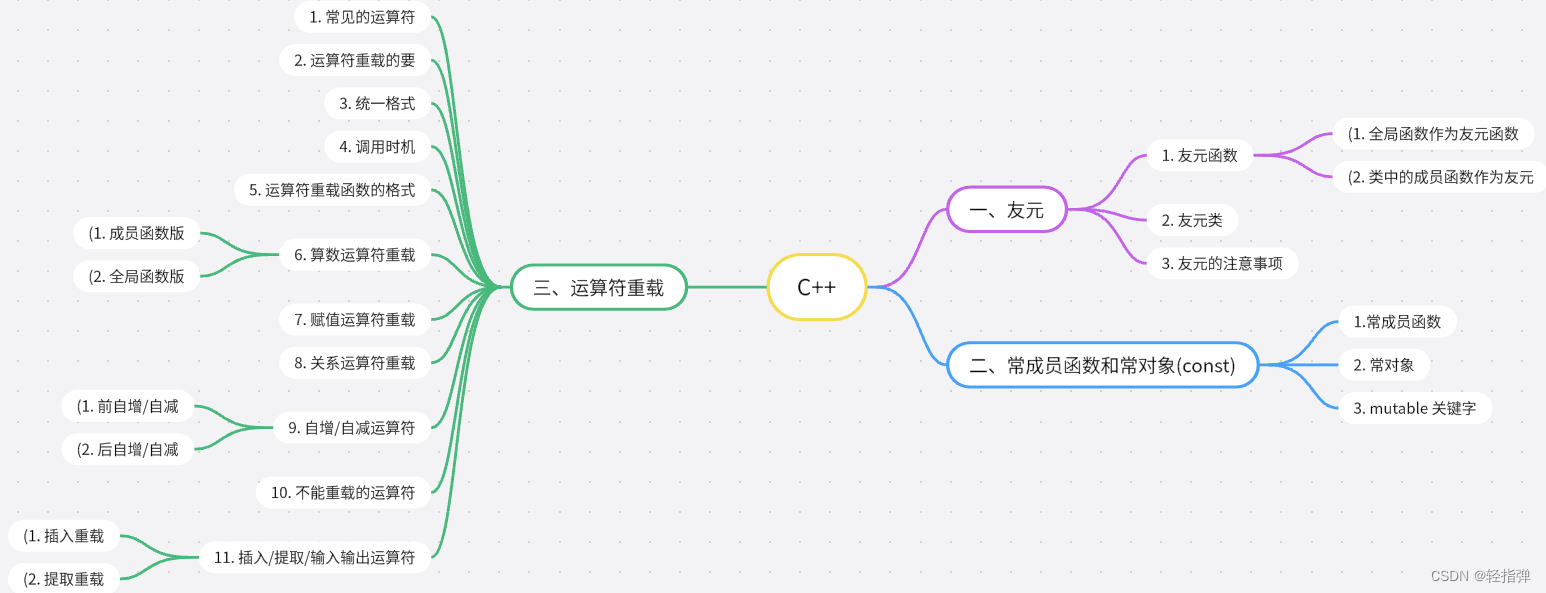
练习
1. 剩余常用符号函数重载
#include <iostream>
#include <iomanip>
#include <cstring>
#include <cstdio>
using namespace std;
class test
{
private:
int num1;
int num2;
public:
test()
{
}
test(int a,int b):num1(a),num2(b)
{
}
void show(void)
{
printf("num1:%d num2:%d",num1,num2);
}
/***********运算符重载***********/
// !
test operator+(test &a)
{
test buf;//用于存储临时运算结果
buf.num1 = !a.num1;
buf.num2 = !a.num2;
return buf;
}
// ~
test &operator~()
{
num1=~num1;
num2=~num2;
return *this;
}
test &operator++()
{//前自增
num1++;
num2++;
/*返回自增后的值*/
return *this;
}
test &operator--()
{//前自减
num1--;
num2--;
/*返回自增后的值*/
return *this;
}
test &operator++(int)
{//后自增
static test buf;//存放自增前的变量
buf.num1 = num1++;
buf.num2 = num2++;
/*返回自增后的值*/
return buf;//返回自增前的变量
}
test &operator--(int)
{//后自减
static test buf;//存放自增前的变量
buf.num1 = num1--;
buf.num2 = num2--;
/*返回自增后的值*/
return buf;//返回自增前的变量
}
// -
test &operator-()
{
num1=-num1;
num2=-num2;
return *this;
}
// -
test operator-(test a)
{
test buf;
buf.num1 = num1 - a.num1;
buf.num2 = num2 - a.num2;
return buf;
}
// *
test operator*(test a)
{
test buf;
buf.num1 = num1 *a.num1;
buf.num2 = num2 *a.num2;
return buf;
}
// /
test operator/(test a)
{
test buf;
buf.num1 = num1 /a.num1;
buf.num2 = num2 /a.num2;
return buf;
}
// %
test operator%(test a)
{
test buf;
buf.num1 = num1 %a.num1;
buf.num2 = num2 %a.num2;
return buf;
}
// +
test operator+(test a)
{
test buf;
buf.num1 = num1 +a.num1;
buf.num2 = num2 +a.num2;
return buf;
}
// <
bool operator<(test a)
{
if(num1<a.num1) return true;
else return false;
}
// <=
bool operator<=(test a)
{
if(num1<=a.num1) return true;
else return false;
}
// >
bool operator>(test a)
{
if(num1>a.num1) return true;
else return false;
}
// >=
bool operator>=(test a)
{
if(num1>=a.num1) return true;
else return false;
}
// ==
bool operator==(test a)
{
if(num1==a.num1) return true;
else return false;
}
// !=
bool operator!=(test a)
{
if(num1!=a.num1) return true;
else return false;
}
// &&
bool operator&&(test a)
{
if(num1&&a.num1) return true;
else return false;
}
// ||
bool operator||(test a)
{
if(num1||a.num1) return true;
else return false;
}
// =
test operator=(test a)
{
num1 = a.num1;
num2 = a.num2;
return *this;
}
// +=
test operator+=(test a)
{
num1 += a.num1;
num2 += a.num2;
return *this;
}
// -=
test operator-=(test a)
{
num1 -= a.num1;
num2 -= a.num2;
return *this;
}
// *=
test operator*=(test a)
{
num1 *= a.num1;
num2 *= a.num2;
return *this;
}
// /=
test operator/=(test a)
{
num1 /= a.num1;
num2 /= a.num2;
return *this;
}
// %=
test operator%=(test a)
{
num1 %= a.num1;
num2 %= a.num2;
return *this;
}
};
int main()
{
return 0;
}
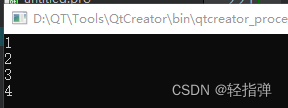
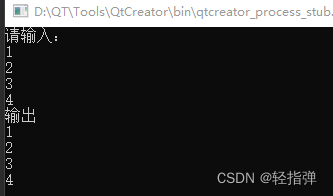

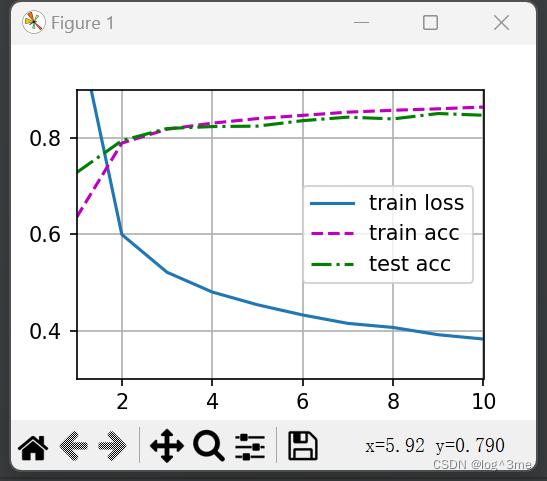

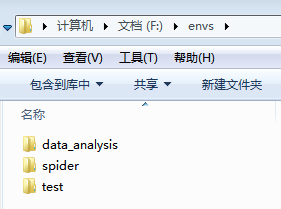




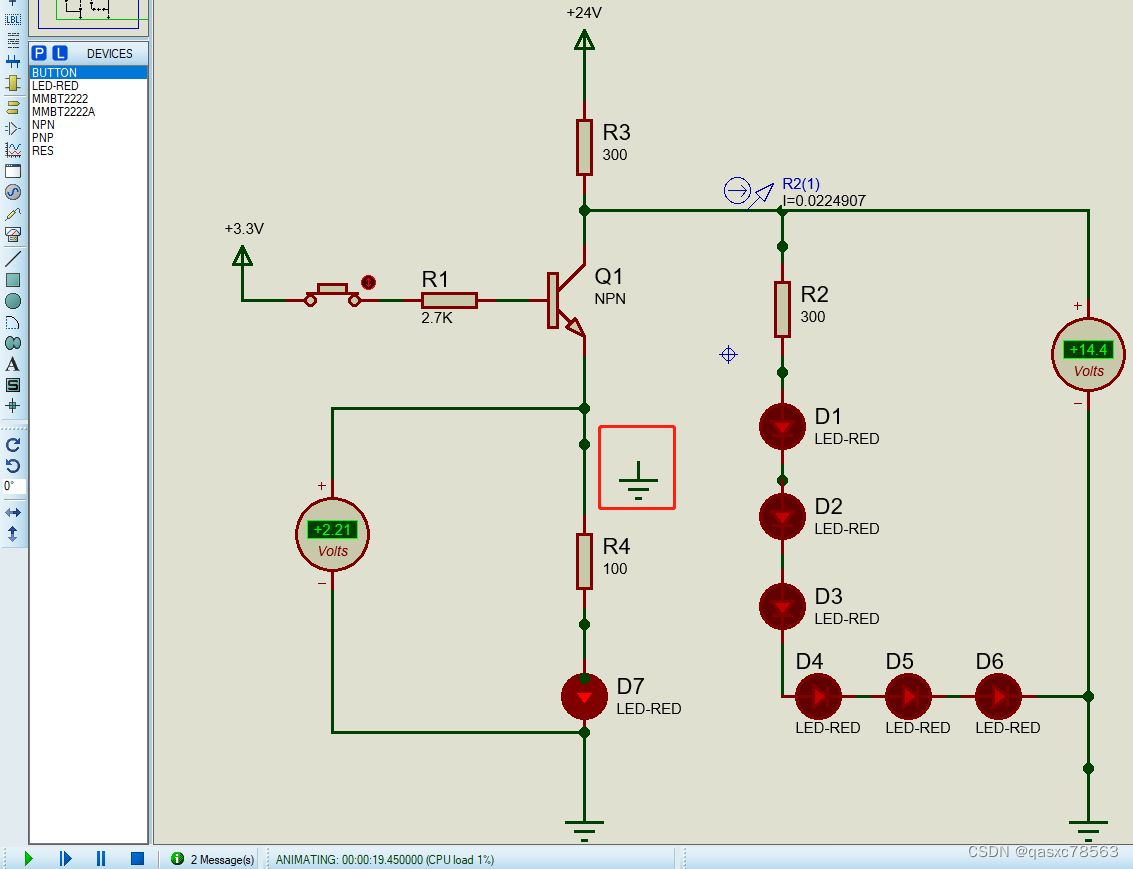

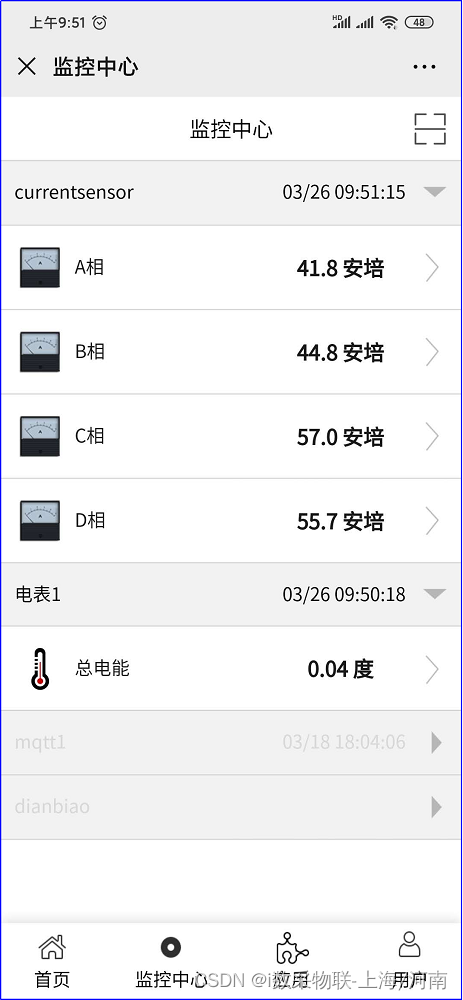

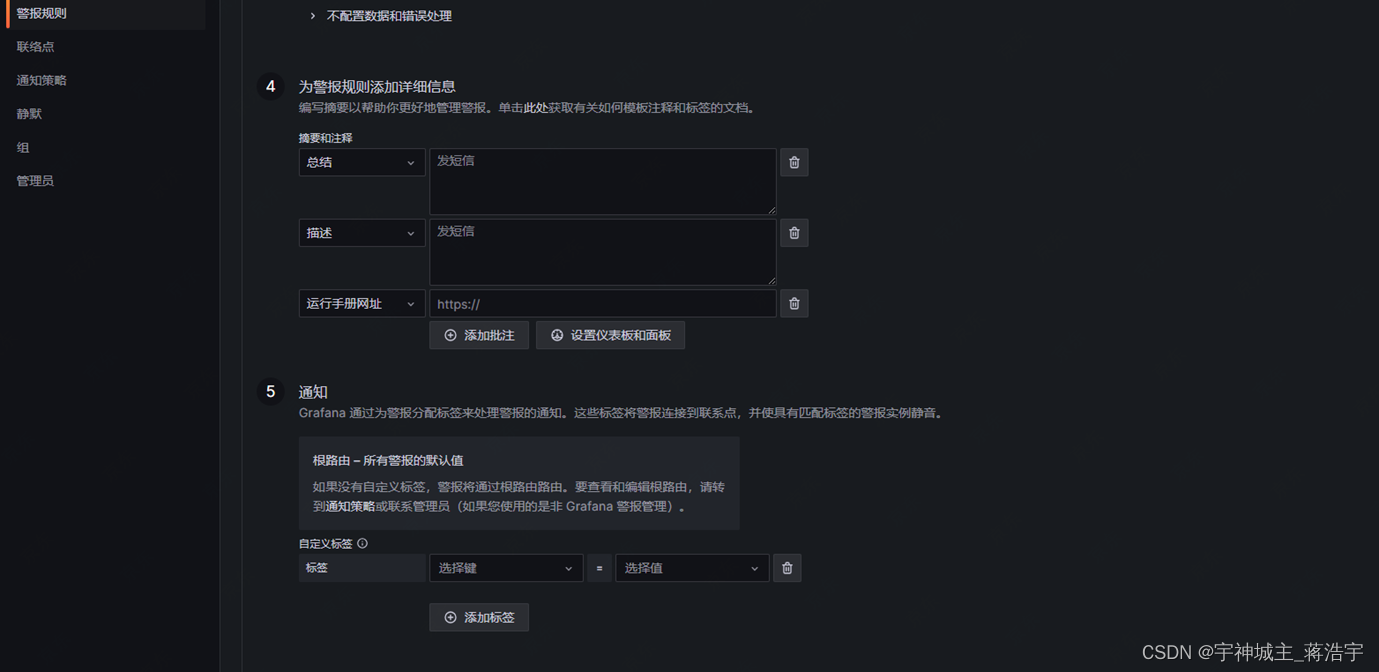
![[RocketMQ] Producer发送单向/异步/同步消息源码 (八)](https://img-blog.csdnimg.cn/cd3fa024ad6b4838af13afebc4541e64.png)
